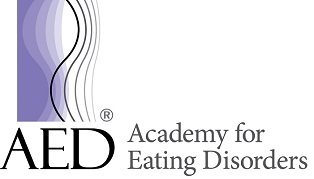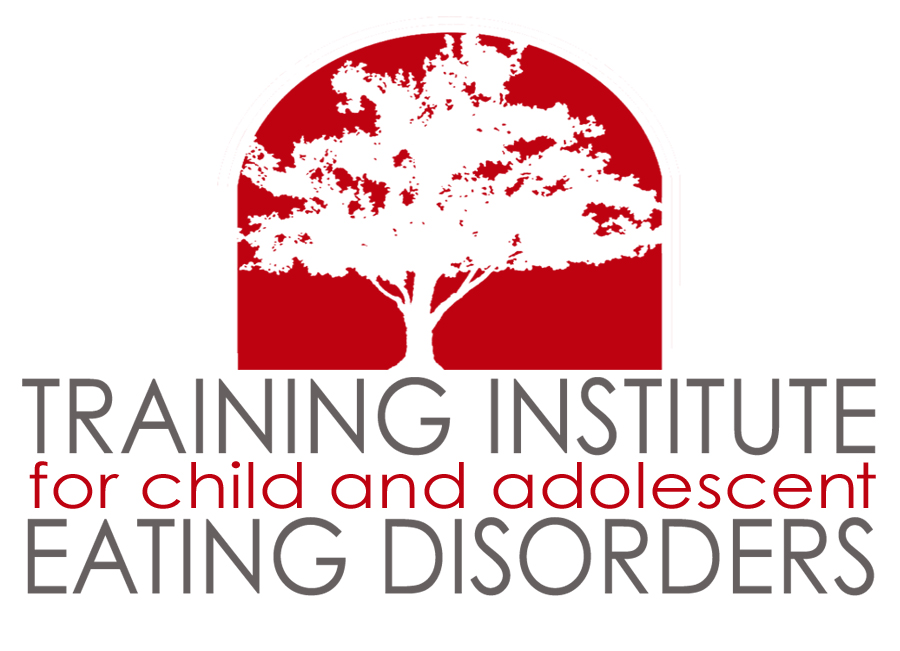What is ARFID?
ARFID (Avoidant/Restrictive Food Intake Disorder) often develops in infancy and early childhood, and can persist into adulthood. It involves an eating disturbance leading to insufficient nutrition or energy intake. Symptoms include significant weight loss, nutritional deficiency, dependence on enteral feeding or supplements, and interference with psychosocial functioning. ARFID is not related to cultural practices, medical conditions, or other mental health disorders like anorexia and bulimia. Food restriction in ARFID is often due to sensory aspects and may have less impact on adults, who have developed coping skills. There’s no proven link between ARFID in early life and later eating disorders.

What Causes ARFID?
ARFID’s cause is not fully understood but may involve a combination of genetic, psychological, and environmental factors. Potential contributors include genetic predisposition, temperament, early feeding difficulties, traumatic experiences related to food, anxiety, stress, autism spectrum disorder, and learned behavior.
It is essential to note that these factors do not guarantee the development of ARFID but may increase the likelihood of its occurrence. Further research is needed to better understand the complex interplay of factors leading to ARFID.
How We Treat
Resilience DBT & Eating Recovery is a team of Outpatient Eating Disorder Therapists in New Jersey, Florida, and Maryland. Our therapists are ready and equipped with clinical services to provide healing.
At our treatment facility, we have licensed and trained professionals who have worked with patients of all ages, with a variety of eating and feeding concerns. This includes individuals struggling with ARFID, anorexia nervosa, bulimia nervosa, anxiety, depression, OCD, and trauma. We will work with the entire family to make sure everyone is educated about what can be done to help the individual struggling with ARFID. This ensures that the child is receiving the best care while in treatment as well as in their home environment.
We use a combination of individual therapy and family therapy for our ARFID treatment. Our therapists can pull from a variety of therapeutic approaches that work to address emotional dysregulation and other mental health concerns. This can include Dialectical Behavioral Therapy, Exposure Therapy, Cognitive Behavioral Therapy, Enhanced Cognitive Behavior Therapy, and Family-Based Treatment.
Struggling with any mental health concern can make your day-to-day life challenging. If you are a parent of a child who is struggling, you may feel overwhelmed daily. When it comes to ARFID treatment, there are trained professionals at Resilience DBT & Eating Recovery who can support you, and help you navigate the future.
Health Risks Associated With ARFID
We use a combination of individual therapy and family therapy for our ARFID treatment

ARFID (Avoidant/Restrictive Food Intake Disorder) carries several risks and potential complications, which may include:
- Malnutrition: Due to limited food intake or avoidance of certain food groups, individuals with ARFID may suffer from malnutrition, leading to deficiencies in essential vitamins and minerals.
- Growth and development problems: Inadequate nutrition can result in stunted growth, developmental delays, and failure to thrive in children.
- Weight loss or low body weight: Insufficient calorie intake can lead to significant weight loss or difficulties maintaining a healthy body weight.
- Medical complications: ARFID can cause various medical complications, such as anemia, bone density loss, electrolyte imbalances, and weakened immune function.
- Psychological issues: Individuals with ARFID may experience heightened anxiety, depression, or social isolation due to their eating behaviors.
- Impaired social functioning: ARFID can interfere with everyday activities and social situations involving food, leading to isolation and difficulties forming relationships.
- Dependence on nutritional supplements: Some individuals with ARFID may become reliant on enteral feeding or oral nutritional supplements to meet their nutritional needs.
- Lower quality of life: The challenges associated with ARFID can negatively impact an individual’s overall quality of life and well-being.
It is essential to recognize and address ARFID as early as possible to minimize these risks and provide appropriate support for recovery.
Our Treatment Methods
effective recovery is one step away
The Resilience DBT & Eating Recovery Program offers expert assessment and evidenced-based treatment for the full range of eating disorders and body image problems. We are experienced and certified to treat pediatric, adolescent, and adult eating disorders with boys and girls, and with men and women. We are trained to recognize the biological and brain-based underpinnings of eating disorders and utilize the Evidenced-Based treatments – Family-Based Therapy (FBT) or Maudsley Approach, CBT-E, and DBT for Eating Disorders. Parents are always included as an essential and an integral part of a child or teen’s recovery from an eating disorder.
FAMILY BASED TREATMENT (FBT)
Family-Based Treatment (FBT) stands as the gold standard for addressing eating disorders in children and adolescents, particularly for early-onset cases of anorexia, bulimia, and ARFID (Avoidant Restrictive Food Intake Disorder). FBT is now recognized as the first line of treatment.
This approach places parents at the forefront of their child’s re-nourishment and weight restoration process, guided by a certified FBT practitioner and in collaboration with an outpatient pediatrician or adolescent medicine specialist. The child or adolescent, alongside their parents, undergo a thorough screening to ensure their suitability for this protocol, which is conducted in the least restrictive environment – the comfort of your home!


Cognitive Behavioral Therapy (CBT-E)
At Resilience Therapy, we specialize in Cognitive Behavioral Therapy Enhanced (CBT-E) to support children, teens, and adolescents struggling with eating disorders. Our compassionate and highly skilled therapists are dedicated to helping your loved ones develop resilience and overcome challenges associated with various eating disorders, such as anorexia nervosa, bulimia nervosa, binge-eating disorder, and other specified feeding or eating disorders (OSFED).
We understand that each individual’s experience is unique, and that’s why our approach to CBT-E is tailored to meet the specific needs of our clients across all age groups. Our therapy sessions are time-limited, structured, and goal-oriented, typically involving individual sessions with a therapist.
Dialectical Behavior Therapy for Eating Disorders (DBT-ED)
Dialectical Behavior Therapy for Eating Disorders is an eating disorder treatment we use for adults who struggle with co-occuring mental health issues and an eating disorder.
DBT-ED is the treatment of choice for individuals that struggle with co-occurring mental health issues in addition to the eating disorder; such as depression, anxiety, suicidal ideation or PTSD. This comprehensive treatment method addresses the complexity of these mental health issues, in concert, prioritizing the most dangerous symptoms first. DBT Skills Training is excellent method for follow-up Aftercare and Relapse Prevention after a residential or intensive Eating Disorder treatment program.


Expressive Arts Therapies
Expressive Arts therapies are powerful and effective modalities in the treatment of eating disorders. Unexpressed emotions and thoughts out of awareness, interfere with true recovery. Art Therapy, Dance/Movement Therapy, music, and psychodramatic role-play make emotions, bodily-felt sensations, and cognition more accessible. Once emotions and thoughts are accessible, one can better utilize the problem solving methods in CBT and DBT.
How We Treat
Explore the benefits of an evidence-based approach to therapy
Family Based Treatment (FBT)
FBT, or the Maudsley approach, is a Gold Standard treatment. FBT is a culturally-sensitive method that keeps a child in their family environment.
Cognitive Behavioral Therapy (CBT-E)
We specialize in Cognitive Behavioral Therapy Enhanced (CBT-E) to support children, teens, and adolescents struggling with eating disorders
Comprehensive Dialectical Behavior Therapy (DBT)
Our compassionate and highly skilled therapists are dedicated to helping your loved ones develop emotional resilience, improve their self-esteem, and overcome challenges associated with various eating disorders.
How do I begin?
Our team is dually and expertly trained in the Treatment of Eating Disorders and DBT for Mental Health. Our Evidenced-Based approaches include FBT, CBT-E, DBT-ED, and Comprehensive DBT for co-occurring mental health conditions. Our outpatient practice has helped Children, Teens and Adults achieve full Eating Disorder Recovery and Mental Health Stability for over 25 years.
1
Schedule your 15 minute free phone consultation
This phone screening is highly confidential to help determine if coming to the Resilience practice is the best course for you or your loved one.
2
Complete an Expert and Comprehensive Intake
During your intake appointment we will gather more information to identify your stressors and needs. And work with you to develop your resilience treatment plan.
3
Get connected with Your Personalized Care Team
Meet with a practitioner to get started on your journey of healing and wellness you know you deserve.









